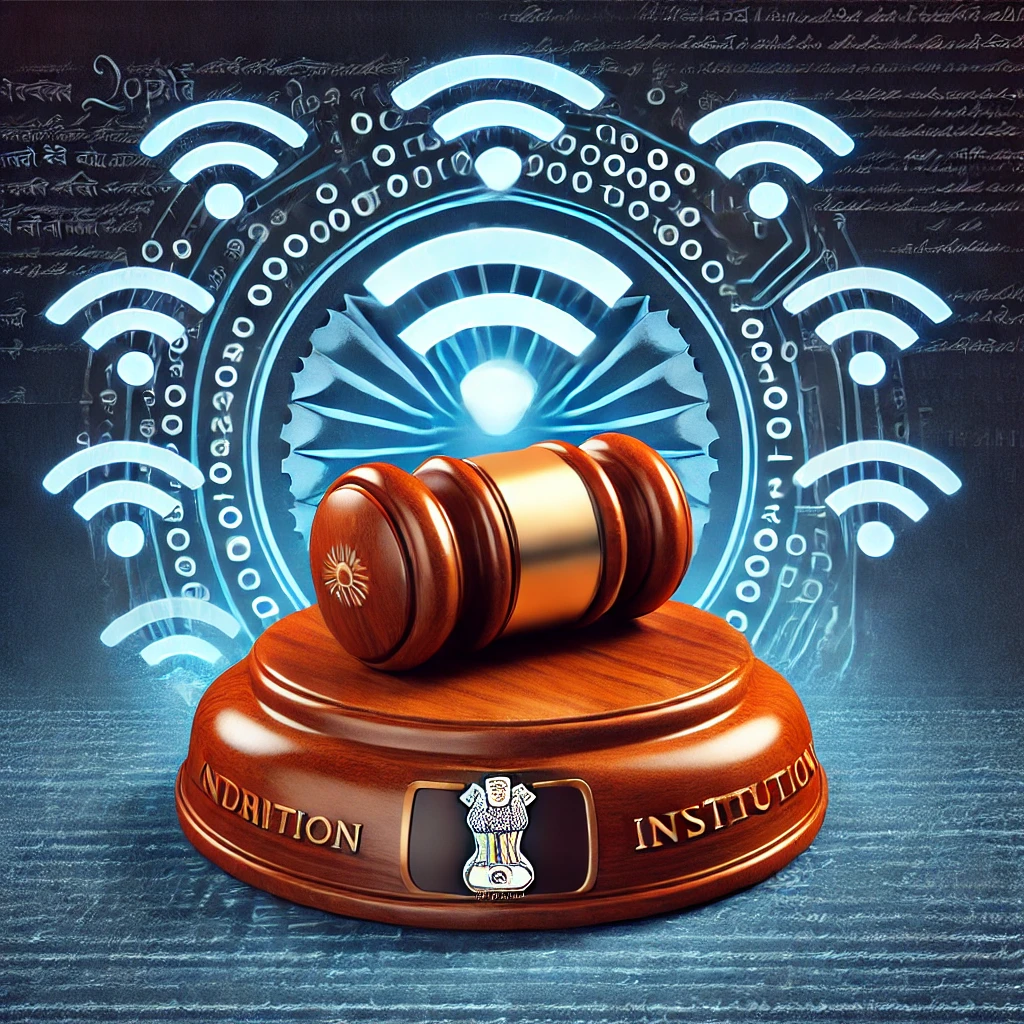Media laws at Saint Helena, Ascension and Tristan da Cunha (BOT)
The media laws governing Saint Helena, Ascension Island, and Tristan da Cunha are framed within the broader context of the British Overseas Territories (BOT), under the legal authority of the United Kingdom. These territories, while having some level of self-governance, remain subject to British law in key areas, including media regulation.
1. Saint Helena
Broadcasting: Saint Helena is served by a small media infrastructure, including radio and television services. The local government has been working to modernize the media landscape, especially in the context of the island's connectivity and the potential introduction of broadband services.
Freedom of Speech: Saint Helena, like the other territories, is bound by the principles of British common law, which protect freedom of expression, but there are laws that regulate defamation, sedition, and other issues that could limit this freedom in certain circumstances.
Regulation: Saint Helena’s media is largely unregulated in comparison to the UK. There is no specific media regulatory body, but local laws and policies apply. The island has been in discussions about developing a more structured media policy, especially with growing concerns over digital media and online content.
2. Ascension Island
Broadcasting: Ascension has radio and television services provided by local stations and is also part of the UK’s Overseas Territories Broadcasting network.
Freedom of Expression: As with Saint Helena, Ascension Island follows similar guidelines under UK law. However, defamation laws and restrictions on sedition may limit certain aspects of media freedom.
Regulation: Ascension lacks an independent regulatory body for media, with broadcasting policies and regulations being overseen by the local government and British legislation where applicable.
3. Tristan da Cunha
Media Infrastructure: Tristan da Cunha, being a very remote archipelago with a tiny population, has minimal media infrastructure. There are no formal local radio, television stations, or newspapers. Most communication is done via satellite links and the internet.
Media Law: Given the isolation and size of the population, media regulation is not a significant concern, and any media content that reaches Tristan da Cunha would largely be subject to UK law and international communications agreements.
Commonalities Across the Territories:
Defamation and Sedition: Defamation laws in these territories are often closely tied to UK law, and defamation claims can be pursued in local courts. Sedition, which involves incitement to rebel against the authority of the state, is also a criminal offense under British law and may apply in these territories.
Internet and Digital Media: The territories have access to the internet, and there are occasional concerns regarding online speech and content, especially with respect to broadcasting and content that may be viewed as offensive or harmful.
Regulation by the UK: Media laws are generally aligned with UK principles, but local governments retain some power to regulate local broadcasting and media content in accordance with the needs of the territories.
Overall, media laws in Saint Helena, Ascension Island, and Tristan da Cunha are shaped by both British law and the unique needs of these small and isolated communities. However, there is no significant legal framework regulating media freedom beyond the basic principles of freedom of expression.




















0 comments